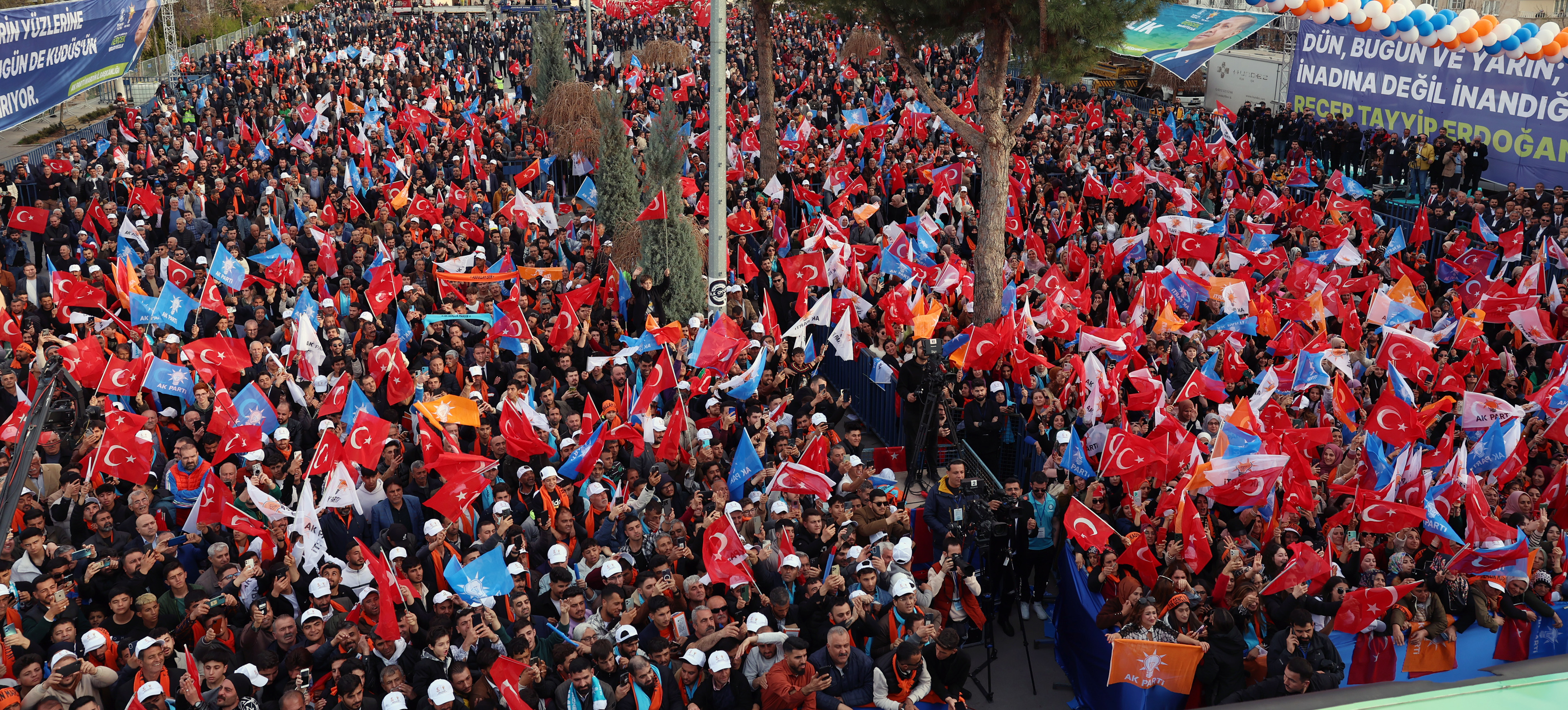Following decisive parliamentary and presidential elections a year ago, Turkey will hold municipal elections on March 31. Particularly important for the future of democracy in the country will be the election results in Turkey’s largest city, Istanbul, where the opposition party’s incumbent mayor is competing against President Recep Tayyip Erdoğan’s handpicked candidate.
Can the opposition hold on to its most important political stronghold? What would the incumbent mayor’s loss mean for the continued electoral viability of the Turkish opposition? What issues have defined the campaign? And what do the elections tell us about where the country might be headed?
Please join us for an expert panel discussion on what is at stake in Turkey’s last election before 2028.
Speakers
Evren Balta
Professor and International Relations Department Chair, Özyeğin University;
Non-resident Scholar, The Middle East Institute
Seda Demiralp
Professor and Chair of the International Relations Department, Işık University;
Non-resident Scholar, The Middle East Institute
Gonul Tol (Moderator)
Director of Turkey Program and Senior Fellow, Black Sea Program, The Middle East Institute
Detailed Speaker Biographies
Evren Balta is a professor of International Relations and the chair of the International Relations Department at Özyeğin University. She holds a Ph.D. in Political Science from The Graduate Center, CUNY (2007) and an MA in Sociology from Middle East Technical University (1999) and an MIA from Columbia University, School of International and Public Affairs (2001). Her articles have appeared in many different journals such as Party Politics, Ethnic and Racial Studies, Sociology, Gender Place & Culture. She is the author of The American Passport in Turkey: National Citizenship in the Age of Transnationalism (with O Altan-Olcay, UPenn, 2020), Age of Uneasiness (İletisim Publications, 2019) and Global Security Complex (İletisim Publications, 2012).
Seda Demiralp is a professor of political science and the chair of the Department of International Relations at Işık University. Her studies concentrate on state-business relations in Turkey, Turkish political parties and elections, populism and emotions in Turkish political life, and gender archetypes in Middle East folklore. Seda Demiralp is also the director of Emotics: Emotions & Politics lab at Işık University, which evaluates the rising role of emotions in various aspects of Turkish politics. Demiralp’s work is published in reputed academic journals, including Comparative Politics, The Middle East Journal, Third World Quarterly, Middle Eastern Studies, New Perspectives on Turkey, Turkish Studies, South European Society and Politics, Arab Studies Quarterly, and Middle Eastern Literatures, among others.
Gonul Tol is the founding director of the Middle East Institute’s Turkey program and a senior fellow with the Black Sea Program. She is the author of Erdogan's War: A Strongman's Struggle at Home and in Syria. She has taught courses at George Washington University’s Institute for Middle East Studies and at the College of International Security Affairs at the National Defense University on Turkey, Islamist movements in Western Europe, world politics, and the Middle East. She has written extensively on Turkey-U.S. relations, Turkish domestic politics, and foreign policy and the Kurdish issue. She is a frequent media commentator.
Photo by Murat Kula/Anadolu via Getty Images












